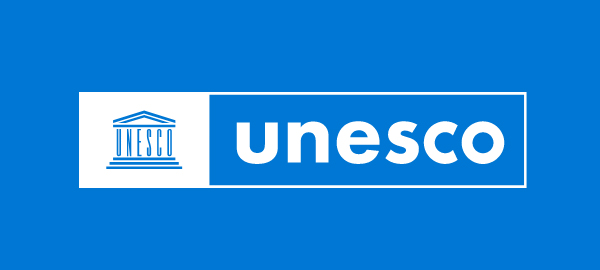Google has launched SynthID Detector, a verification portal designed to identify whether content was created using its AI models. The tool scans for SynthID, Google’s watermarking technology, which invisibly marks text, images, audio, and video generated by tools such as Gemini, Imagen, Lyria, and Veo.
The Detector highlights which parts of the content likely contain SynthID watermarks. These watermarks are invisible and do not affect the quality of the media. According to Google, over 10 billion pieces of AI-generated content have already been marked using SynthID.
Users can upload files to the SynthID Detector web portal, which then checks for the presence of watermarks. For example, the tool can identify specific segments in an audio file or regions in an image where watermarks are embedded.
Initially rolled out to early testers, the tool will become more widely available in the coming weeks. Google has also open sourced SynthID’s text watermarking technology to allow broader integration by developers.
The company says SynthID is part of a broader effort to address misinformation and improve transparency around AI-generated content. Google emphasized the importance of working with the AI community to support content authenticity as AI tools become more widespread.
Would you like to learn more about AI, tech and digital diplomacy? If so, ask our Diplo chatbot!




































